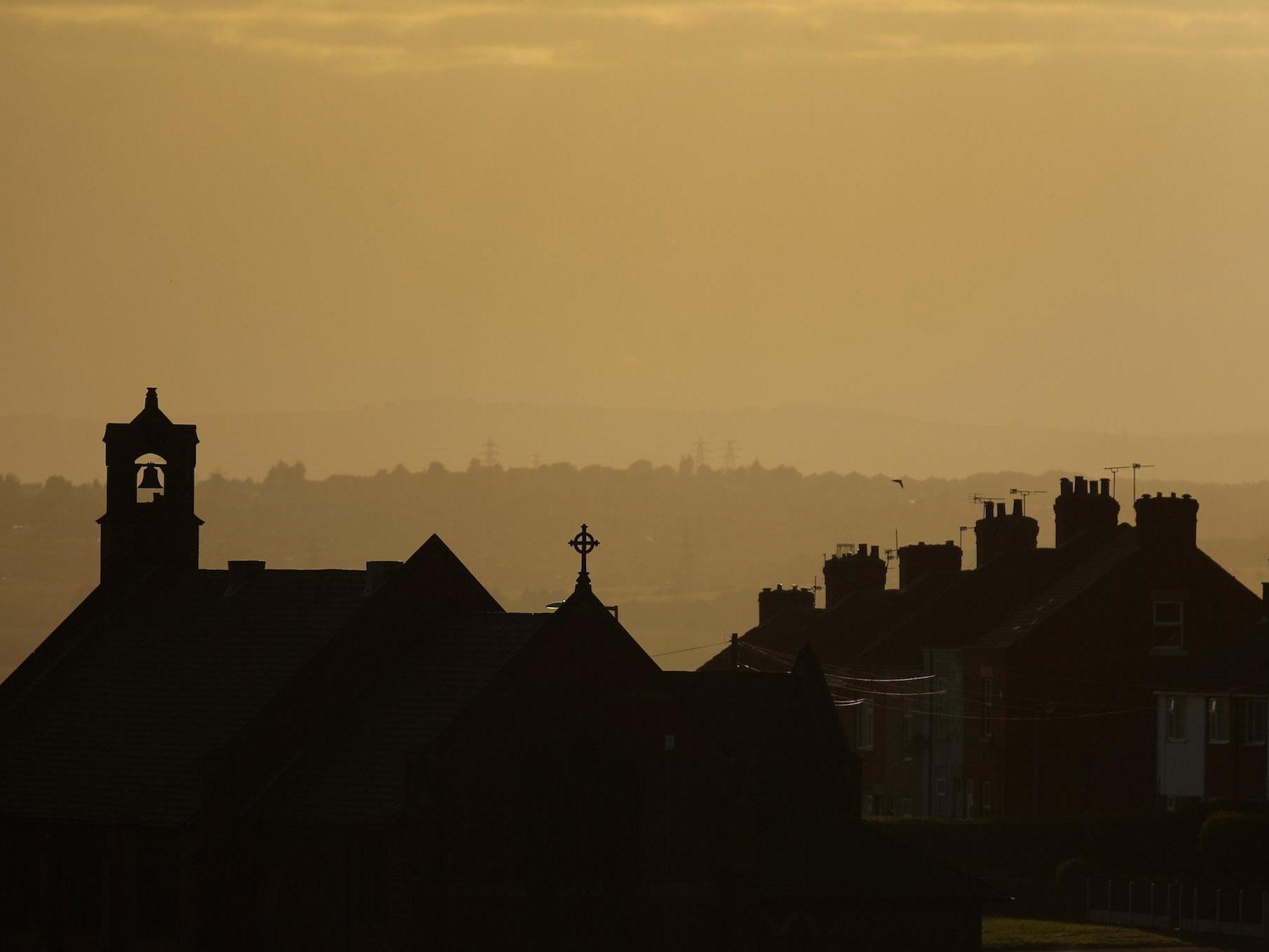North-south health divide more stark than ever as study finds 'alarming' rise in northern people dying prematurely
'Death records tell a tale of two Englands, north and south, divided by resources and life expectancy'

People in the north are far more likely to die young, according to an "alarming" new study.
Dying early is 20 per cent more likely for people who live in the north of England and the government needs to invest urgently to fix the problem, the scientists behind the research said.
The problem is particularly stark among very young people: there were 29 per cent more deaths among 25-34 year olds in the north in 2015, and a 35-44 year old is a full 49 per cent more likely to die suddenly if they live in the north rather than the south.
The number of premature deaths among middle aged adults in the north started to go up quickly in the mid-90s, rising sharply and consistently until 2015.
The research looked at data from the Office of National Statistics to compare the whole English population between 1965 and 2015. Researchers didn't look at the causes of death and were therefore unable to give specific reasons for the stark divide in life outcomes, but said that entirely new public policy, economic and healthcare approaches are required to address it.
The findings suggest that attempts to address the north-south divide are failing, the researchers said – and that they might even be making the problem worse.
"Five decades of death records tell a tale of two Englands, north and south, divided by resources and life expectancy – a profound inequality resistant to the public health interventions of successive governments," said lead researcher Iain Buchan from the University of Manchester.
"A new approach is required, one that must address the economic and social factors that underpin early deaths, especially in younger populations, and one that focuses on rebalancing the wider economy to help drive investment in northern towns and cities.
"The devolution of centralised powers may enable civic leaders to seed the economic growth to tackle this divide, but only if they are given the proportionate northern weighting of funds to do so."
Co-author Tim Doran from the University of York hopes that the findings will encourage the government to develop new data-driven policies to improve the problem.
"These important findings were made possible by examining public health data – held by the NHS and other agencies – dating back decades," he said. "The data, technology and skills now exist to better understand population health and develop public policies to improve it proportionately."
Join our commenting forum
Join thought-provoking conversations, follow other Independent readers and see their replies
Comments
Bookmark popover
Removed from bookmarks